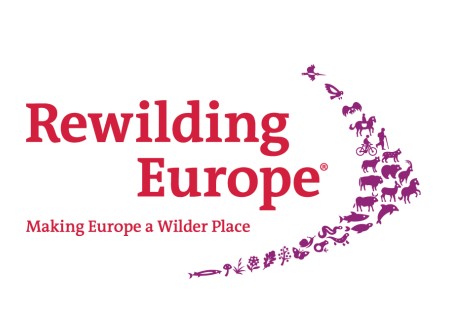
Report 'Pioneers in rewilding enterprises'
Pioneers in rewilding enterprises – business cases for a greener world by Rewilding Europe
WILDLIFE ECONOMY (WLE) is based on the conviction that nature is an economic asset. In some cases, especially in remote parts of Europe, it can be one of the main building blocks of a sound economic development strategy.
This conviction is not common practice. Nature is seldom considered an economic asset, making implementation of policies for nature conservation ineffective as nature conservation measures are regarded an expense or threat for economic development, leading to a lack of local support. Regional economic development policies often fail to capitalize on the opportunities arising from nature development and conservation. Additionally, mechanisms for re-investment of income from natural capital into nature and visitor management tend to be lacking.
WLE aims to support European regions in delivering sustainable growth, by enabling them to improve policies for regional economic development rooted in their regional natural assets. Good practices of wildlife economy will be exchanged, showcasing WLE as an innovative, viable and attractive economic strategy.
Partners will:
>Develop Regional Action Plans (RAPs) supported by local communities, including hunters, farmers and fishermen, that integrate entrepreneurial development strategies in nature conservation policies to make nature conservation policies more effective
WLE impacts existing nature areas by attaining a better conservation status. Moreover, the regional economy benefits from an improved business climate for regional entrepreneurs.
€1,234,146.00
Environment and resource efficiency
MAIN FEATURES
Interreg VA VL-NL is the cross-border cooperation programme for 3 Dutch + 5 Flemish provinces. WLE targets investment priority 3A: “the protection and restoration of biodiversity, soil protection and the promotion of ecosystem services" (SO 6D). Key to this priority is a joint approach to environmental issues in the economically intensively used cross-border region, with the intended result of improving the balance between ecology and economic vitality. Projects supported within this SO are e.g. restoring degraded ecosystems and cross-border management of nature areas. Nature and ecosystems are not a SO in the NL ERDF programmes, so the ecosystem and cross-border focus of VL-NL is a perfect match for the WLE activities.
WHY IT SHOULD BE IMPROVED
VL-NL considers nature as a counterbalance for economic development instead of an economic asset. Thus, nature-based business opportunities are not seized, or rather developed ‘stand alone’, which results in uncontrolled pressure on the area while generated income does not flow back into nature management of the area. A more cohesive approach will allow to develop financial mechanisms for management of nature areas struggling to generate sufficient budget. Also, VL-NL does not require ecological projects to be in synergy with local economies and communities, making initiatives less effective. E.g. reintroduction of indigenous species is a policy aim, but a lack of local support results in delay and/or cancellation.
MAIN FEATURES
Interreg Nord supports cross-border cooperation to promote economic, environmental and social development. Geographic regions included in the programme are northern Norway, Finland, Sweden, and Sápmi (Lapland). WLE will address thematic objective 6: Protecting the environment and promoting the sustainable use of resources, SO 6d: “Preserve and protect the environment and promote sustainable use of resources by protecting and restoring biodiversity, soil and promoting ecosystem services, including through the Natura 2000 and green infrastructure”. This focus matches well with WLE, making it a very relevant policy instrument. The programme works with open calls and selection by two steering committees. Financial decisions are authorized by the County Administrative Board of Norrbotten (SW).
WHY IT SHOULD BE IMPROVED
In Interreg Nord, biodiversity development and economic development are not integrated. Economic opportunities resulting from biodiversity development and ecosystem restoration are thus not recognized. Wildlife-based models can provide economic opportunities with integrated motives to protect nature, both resulting in benefits for biodiversity and economy and social development, but the programme is not able to select on these synergies at this moment. Furthermore, stakeholders and local communities do not have a role in this programme and its projects. This leads to a lack of projects with local support and lack of an effective conservation strategy.
MAIN FEATURES
EHK is a regional development plan for cross-border cooperation in Central/Eastern Europe in the German-Polish Euroregion POMERANIA. Based on the EU2020 strategy, it aims for economic growth whilst supporting social and sustainable development. Its thematic priorities include the expansion of the tourism sector and employment support. EHK acknowledges the potential conflicts of interests between nature preservation and tourism / agriculture, and its Recommended Actions 5.7 and 5.8 include measures to strengthen the link of tourism and nature conservation.
The EHK priorities, which are close to Interreg Europe investment priority 6c, match the WLE ambitions better than Interreg VA Mecklenburg-Vorpommern/Brandenburg/Poland, whose MA also does not support Interreg Europe projects aiming to start new projects.
WHY IT SHOULD BE IMPROVED
While EHK recognizes economic opportunities resulting from biodiversity protection and ecosystem restoration, these are not specifically linked nor encouraged. WLE models can provide hands-on economic opportunities to protect nature with support of local stakeholders. But as the WLE approach is absent from the EHK regional policy, there is a lack of projects with local support and effective conservation strategies. The project aims for a new EHK approach in which nature and wildlife are an important part of regional economic development. The drafting of the post-2020 EHK is a good opportunity to influence the new version.
MAIN FEATURES
Basque Country’s ERDF OP aims to boost smart, sustainable and inclusive growth. Its Priority Axis 6 (PA6) focuses on “the conservation and protection of the environment and the promotion of resource efficiency”. Under SO 6.4.1, IP 6.d, the OP looks for “Protection and restoration of the biodiversity and the soil and promotion of the services of the ecosystems, included in Natura 2000” PA 6 is linked to the Strategy for the Biodiversity of the Basque Country 2030, that targets the “Impulse of Natura 2000 as an instrument for opportunity” through 4 key challenges involving the definition of the Natura 2000 economic model, evaluation of socio-economic effects, elaboration of good practices and development of a model that promotes the sustainable economic use of environmental assets.
WHY IT SHOULD BE IMPROVED
- economic and environmental challenges are currently addressed separately by Basque Country’s ERDF OP.
- the programme still searches for a translation of the rather abstract challenges regarding nature preservation and ecosystem services into practical strategies and projects, for which it is looking for shared experiences and best practices as a basis for improvement.
- currently, the programme does not require project development in synergy with local communities.

Pioneers in rewilding enterprises – business cases for a greener world by Rewilding Europe
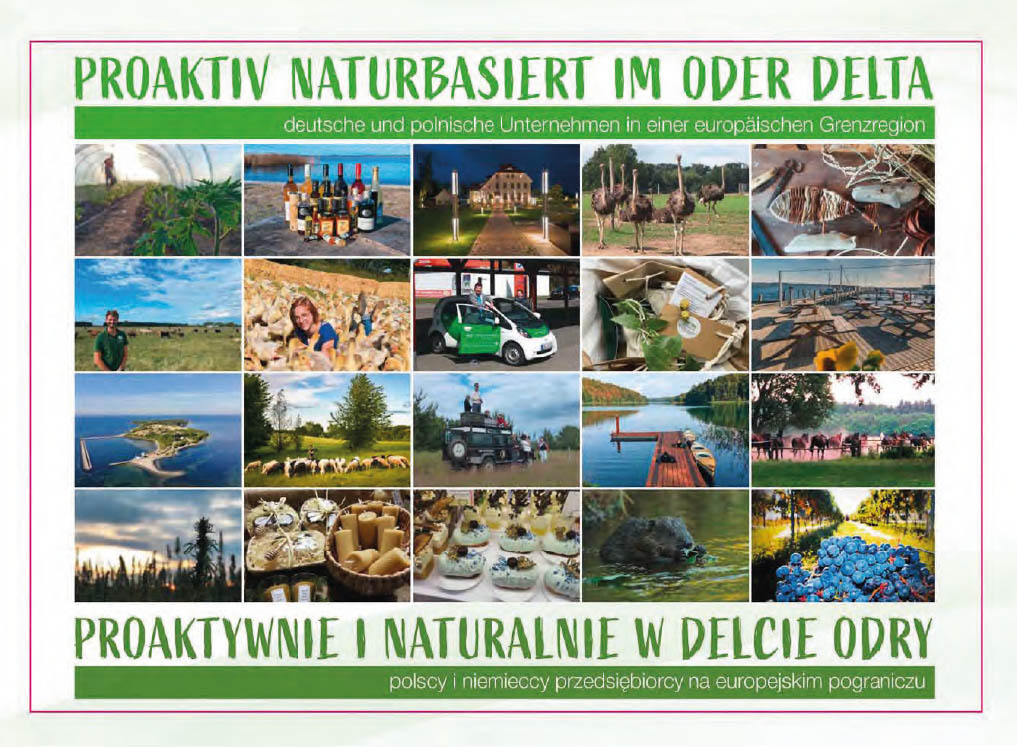
Proactively nature-based in the Oder Delta – An identification and compilation of Polish and German nature-based enterprises in a European border region:
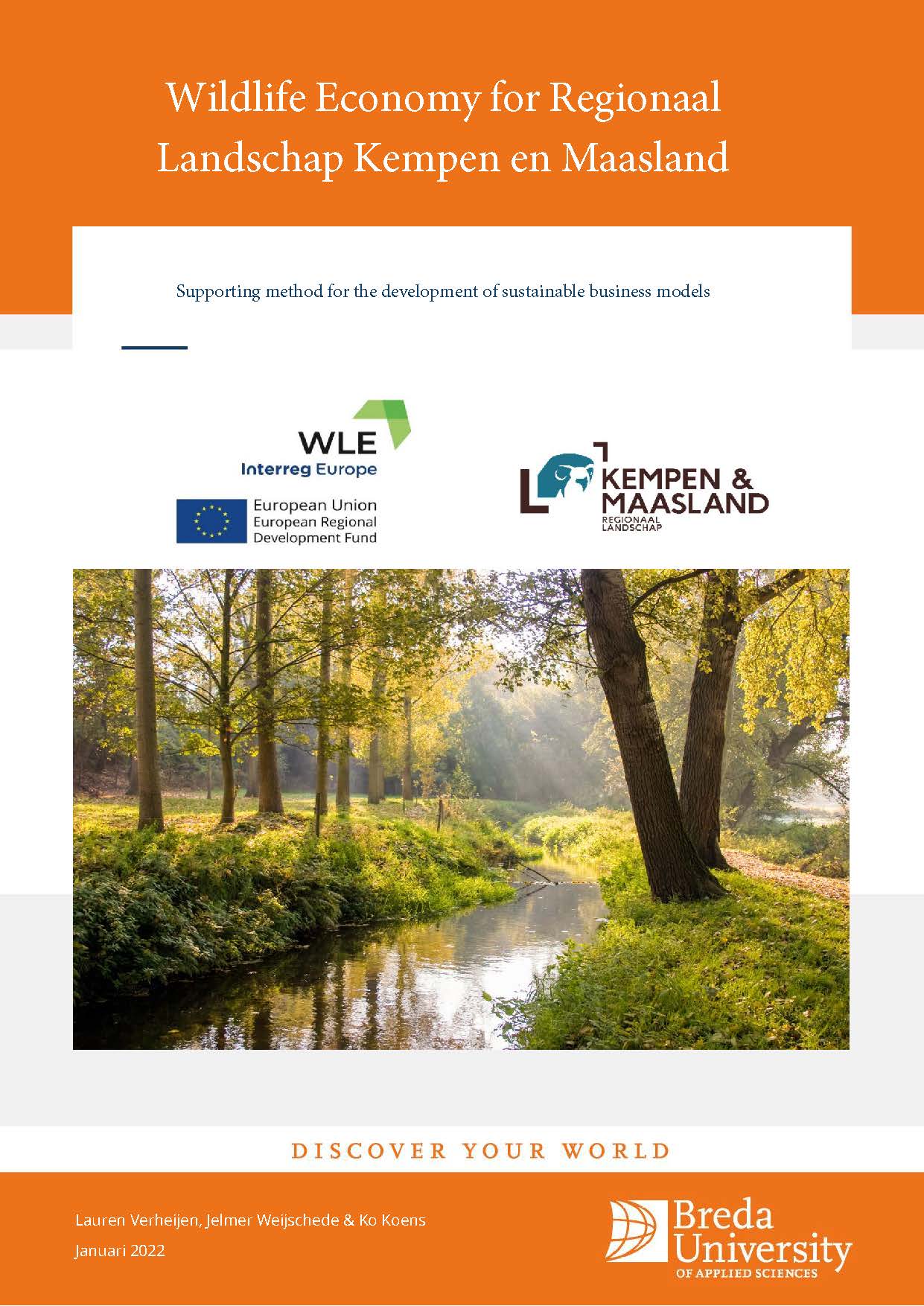
Sustainable business models
The regional action plans of all 4 regions are completed and approved!
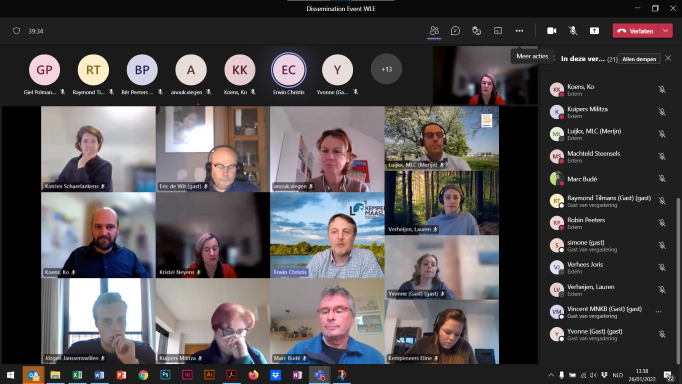
All of the partners organized a dissemination event during which they communicated the results and achievements of the project to the stakeholders.
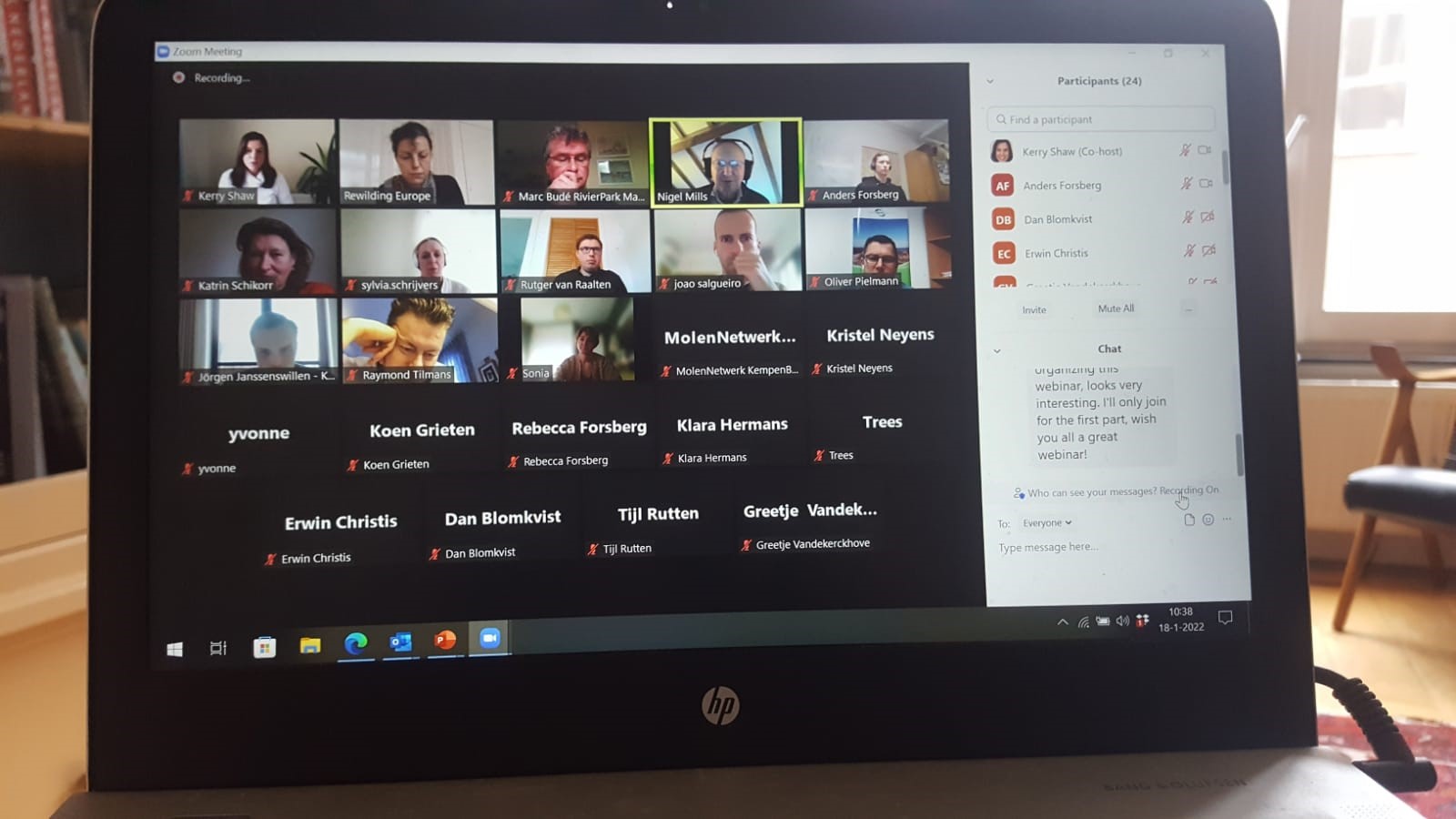
Sustainable tourism and landscape interpretation
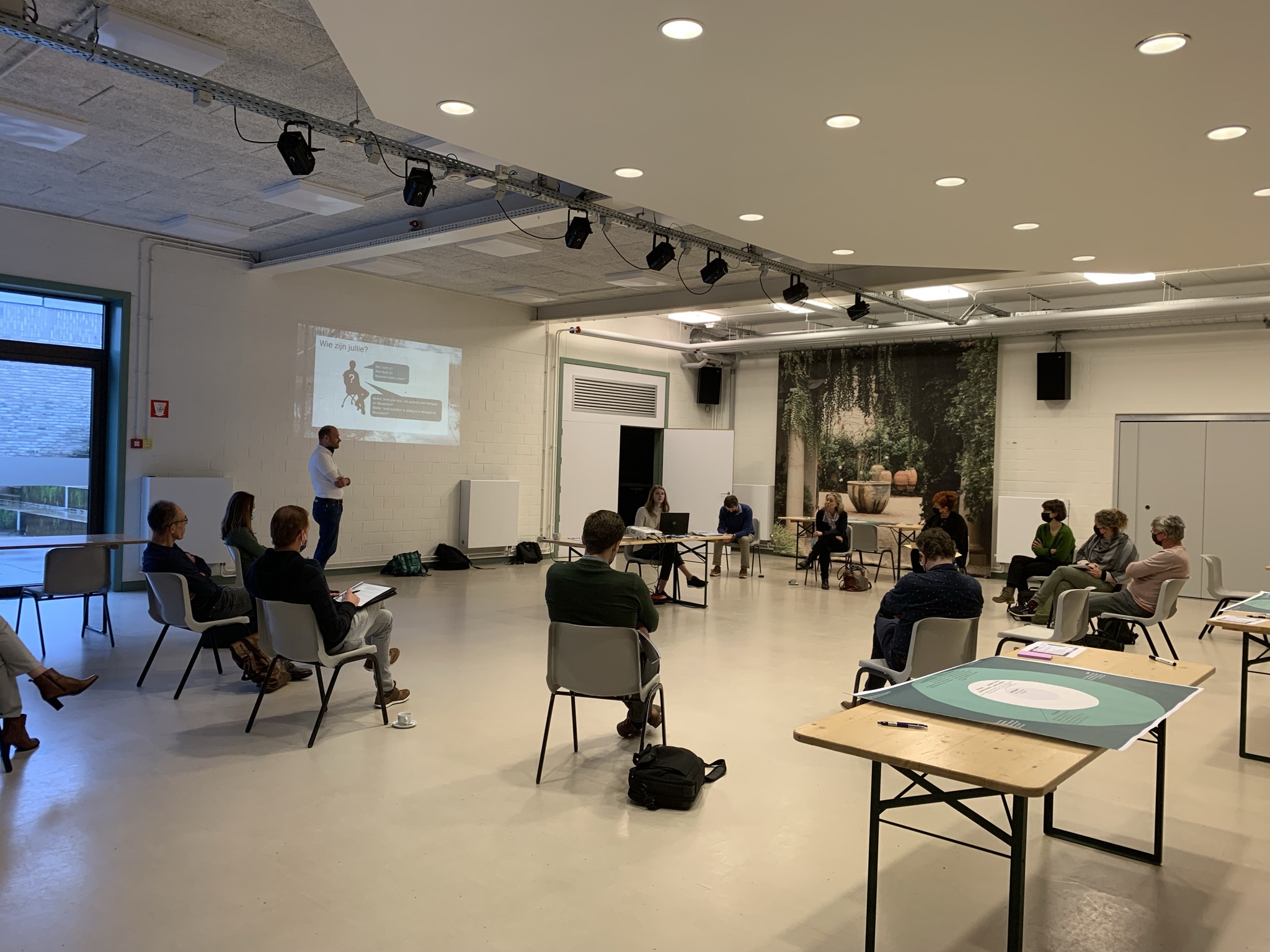
The Regionaal Landschap Kempen and Maasland wanted to develop a methodology to draw up sustainable business models for entrepreneurs in the tourism and agribusi...
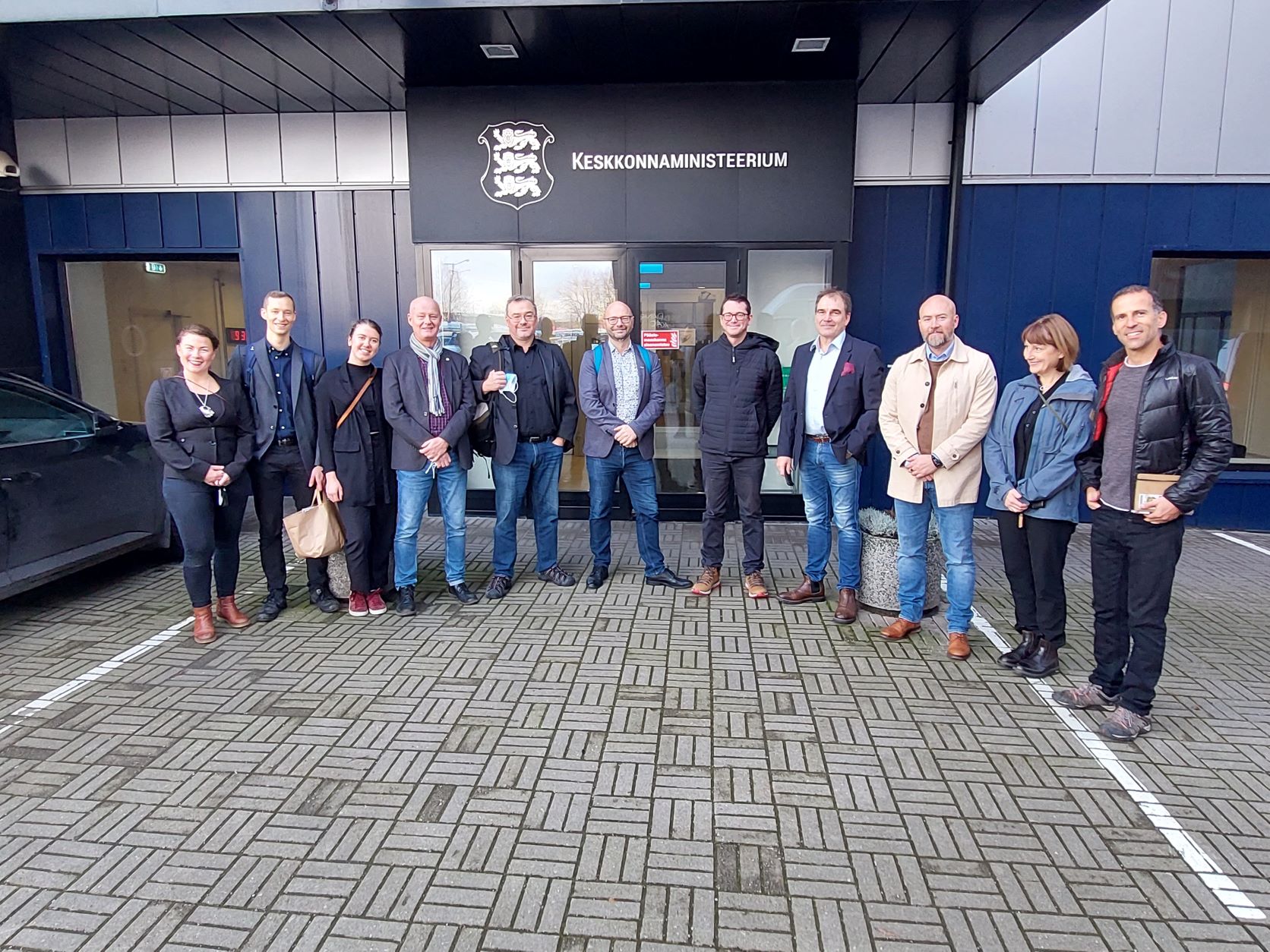
A study visit themed around salmon management was made by the Norrbotten region to Estonia in early November 2021.
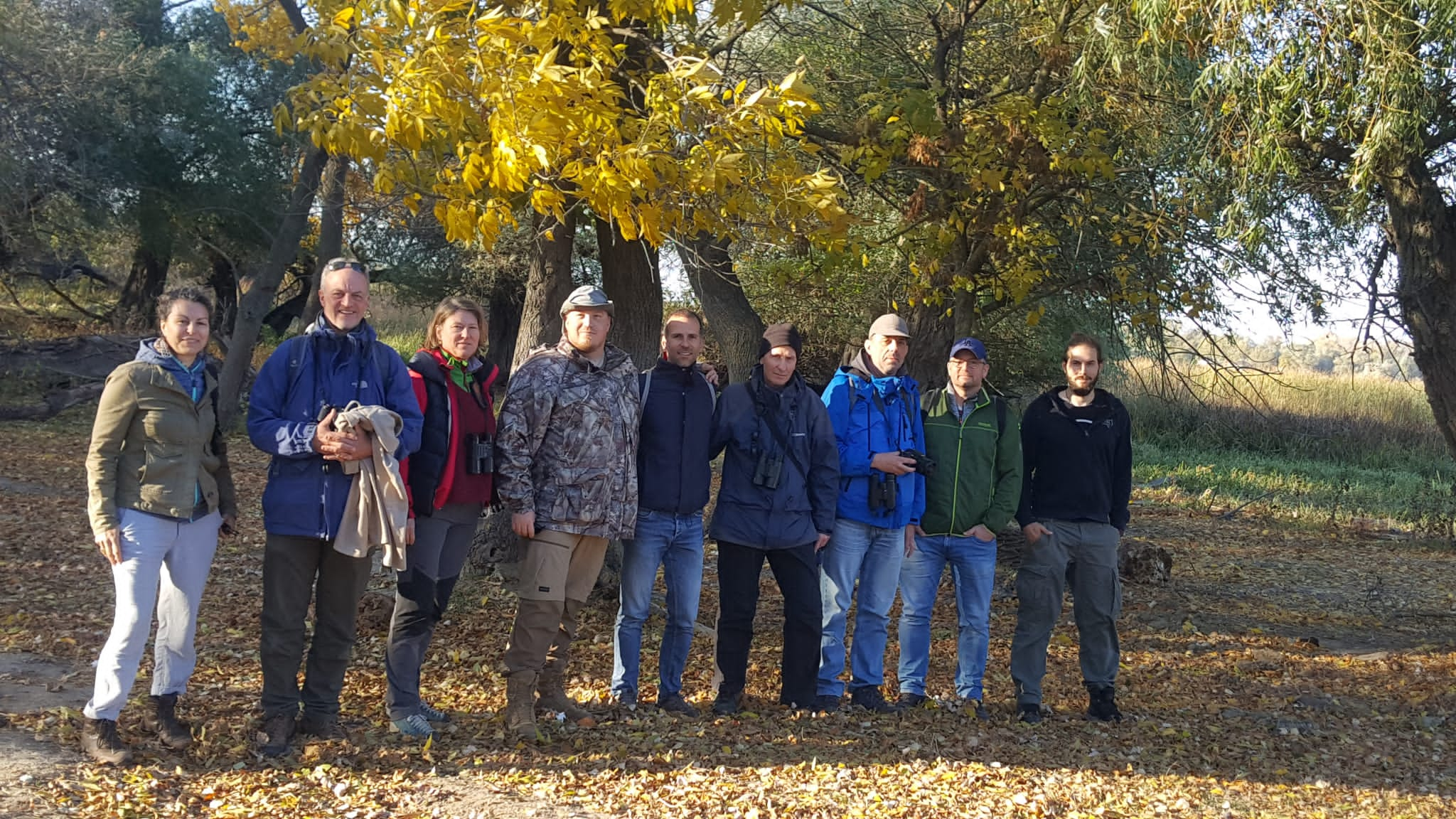
The German partners went to the Danube Delta in Rumania
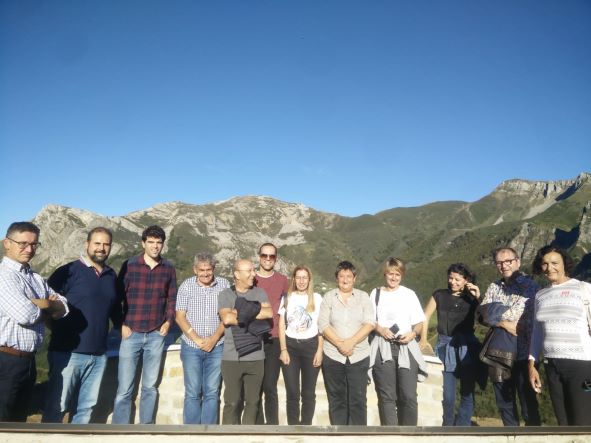
WLE study visit in Pola de Somiedo and Valle de Turon in Langreo by Alava Provincial Council, 05/10/2021 till 08/10/2021.